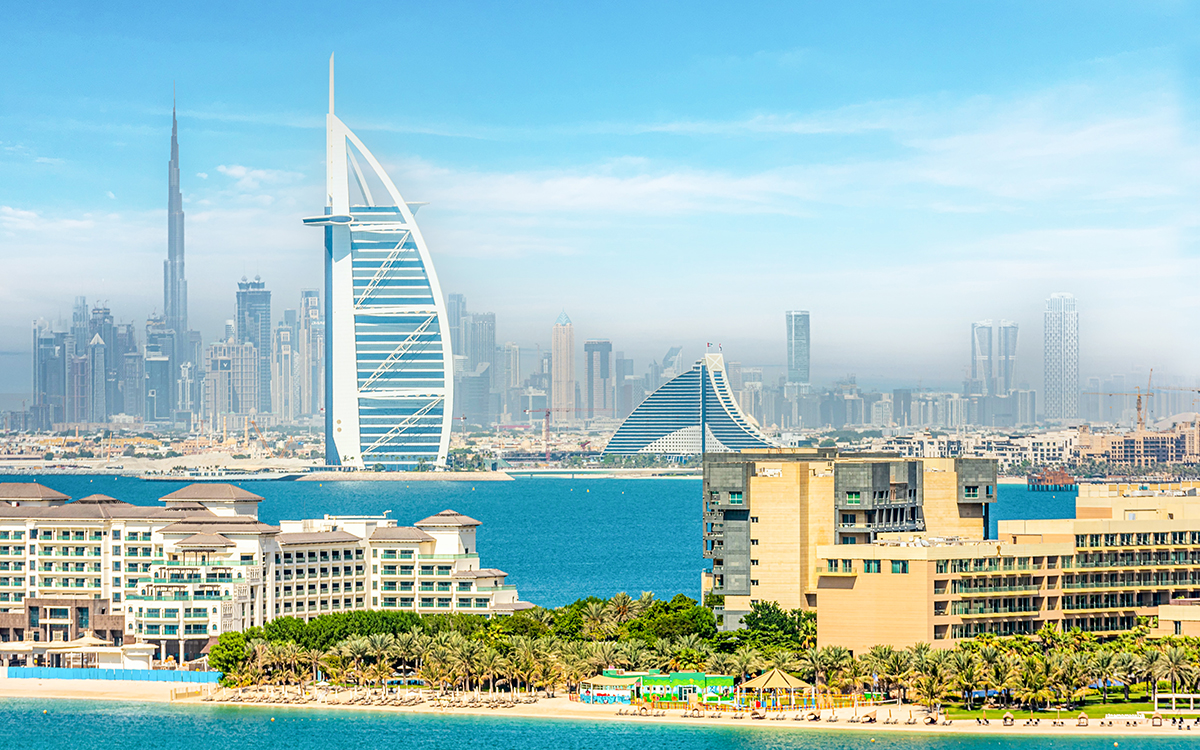
Dubai: Three-year investor visas will be issued by Dubai if the buyer shows a property investment of Dh750,000 compared to a Dh1 million limit earlier, according to top industry sources. And the earlier investor visa was for a two-year period.
The move comes as Dubai’s property market shows more signs of recovery, starting with the luxury end. With this move to bring down the level of investments required, Dubai expects to see more buyer interest develop at the entry level. For Dubai’s developers, this will be another major booster to clearing their inventory – and a prompt to launch new projects.
“Investor visas tied to property purchases was what set off the Dubai freehold boom of 2003-08,” said a developer source. “Now, after five years of a relatively soft market, Dubai is again drawing attention to the investor visas for a new base of investors from overseas.
“The top-end of the property market is selling on its own, and there is a lot of interest from resident end-users for mid-market homes. If Dubai can bring in investors at the entry level, it adds more depth.”
The move should also be seen in the context of the UAE using ‘Golden’ and ‘Green’ visas targeted at various investor/professional profiles.
Requirements for visa
The bare minimum requirement for the investor visa is a Dh750,000 property asset. “In case the property is on mortgage – or at least Dh750,000 is owed to a bank – there must be an no-objection certificate in Arabic along with a mortgage bank statement to proceed with the visa,” according to Sameer Lakhani, Managing Director of Global Capital Partners.
“Reducing the threshold investment amount is yet another step by the government to broaden the base in real estate as well as raise the population count. This will serve to increase demand for property, especially in the affordable segment, and attract talent from all over.”
New demographic
Market sources talk about the Dubai’s job market seeing more youngsters joining in the next three to five years. That means a need for more studio and one-bedroom apartments, whether in communities or high-rises. This was also the one residential sub-category that was under pressure because current residents were upgrading to bigger living spaces, whether rented or owned.
The change from Dh1 million to Dh750,000 also addresses the softening of property values in the last five years, most noticeably at the lower end of the residential property market. Along with developers' efforts to offer co-working and co-living environments, the new move by the government will tap a fresh demographic for Dubai to host.
"Dubai’s quest to attract the best and the brightest continues unabated," said Lakhani. "Talent, historically, has moved to areas associated with higher levels of creativity conjoined with ease of asset ownership and residency. This equation is what the government is perfecting."